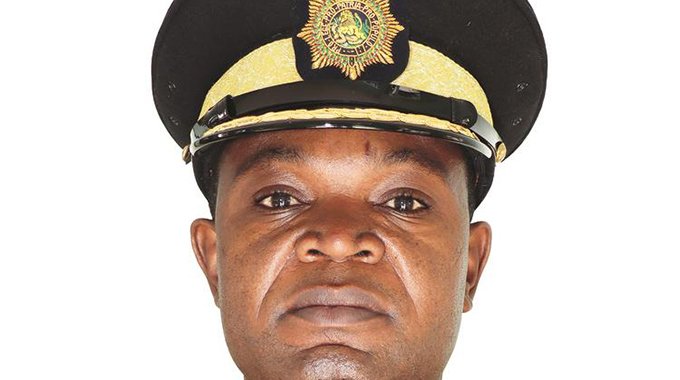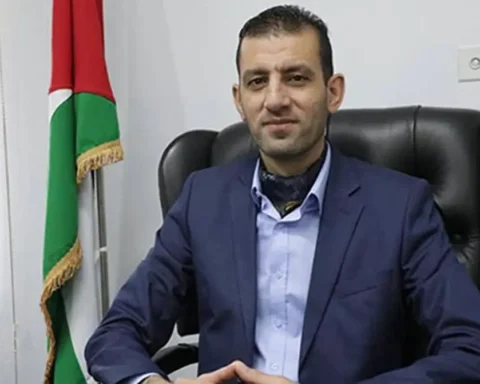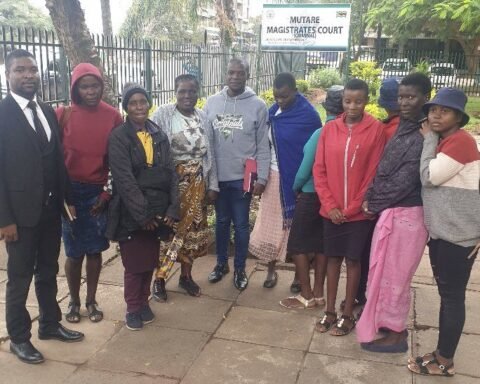HARARE – Newly-appointed Zimbabwe Electoral Commission (Zec) chairperson — Priscilla Chigumba yesterday told the civic society groups and a parliamentary committee — that the national elections management body was partly staffed with people who have a military background.
Pro-democracy groups and opposition parties have consistently accused Zec of being packed with military and Zanu PF functionaries, claims which it has repeatedly batted away.
Speaking before a portfolio committee on Legal Affairs Chigumba said when she was appointed Zec chairperson, she immediately carried an audit of ex-military personnel within the organisation.
“One of the first things I did in my first 10 days in office was to call for a list of all the Zec permanent employees which constitute about 383 and to look through this list and to see how many people amongst those permanent employees have a military background.
“And I can safely and conclusively say, the first thing is that according to Zec policy we are not precluded from recruiting former security sector members provided that they are retired and not active.
“We have less than 15 percent of those (former military personnel) but yes they are in Zec and I will hasten to add that a lot of those former military personnel retired from their institutions and joined Zec five, six, seven years ago,” Chigumba said.
“We have not had any recent recruitment from the military or former security sector personnel for the simple reason that there is a Treasury freeze on recruitment and whoever joined Zec five, six, seven years ago before the Treasury freeze and I have gone through their names and satisfied myself that these are no longer serving members.
“Now, unless the law changes — that Zec cannot recruit former members of the security sector we will maintain the position that those already in our ranks will perhaps, at least until the elections, remain in place unless we are informed otherwise,” she added.
Chigumba spoke after MDC secretary-general Douglas Mwonzora who was representing Citizens Alliance had petitioned the portfolio committee to “demilitarise” Zec adding that “once a soldier always a soldier”.
“Zec must not be populated by former members of the police, Central Intelligence and the army. We say so because in 2002 (on the eve of the 2002 presidential elections) the generals led by the Zimbabwe Defences Forces (ZDF) Commander Vitalis Zvinavashe (late) declared that if you do not have war credentials you cannot be president of Zimbabwe and this declaration has not been reversed.
“And the members of the army are now in Zec. My party will definitely be fielding someone without war credentials,” said Mwonzora before calling on Zec to implore General Valerio Sibanda to speak out against Zvinavashe’s declaration.
Chigumba assured Mwonzora that Zec was committed to dialogue with stakeholders.
“I want to say that it is a policy at Zec that we engage anyone and everyone who is deemed as a stakeholder in the process of going into an election. I do not want to rule out an engagement with the current commander of the Defence Forces and I am not quite sure what the sanction will be or I am not quite sure I can ask the current commander to undo what a previous commander has done but certainly we are not categorically opposed to any engaging that will assist the political environment going into the election to be free,” she said.
Zimbabwe is due to hold harmonised elections this year but President Emmerson Mnangagwa is yet to proclaim the dates.
Opposition parties and civic society groups have repeatedly challenged government to institute comprehensive electoral reforms to ensure that this year’s elections are free, fair and credible.
In 2008, Zec withheld election results for six weeks — amid widespread allegations of ballot tampering and electoral fraud which were later revealed by former bigwigs of the ruling party.
The late MDC leader Morgan Tsvangirai defeated former president Robert Mugabe hands down before a run-off was held.
In the ensuing sham presidential run-off, which authorities claimed was needed to determine the winner, Zanu PF apparatchiks engaged in a murderous orgy of violence in which hundreds of Tsvangirai's supporters were killed in cold blood, forcing the former prime minister in the inclusive government to withdraw from the discredited race altogether.
Mugabe went on to stand in a widely-condemned one-man race in which he declared himself the winner.
However, Sadc and the rest of the international community would have none of it, forcing the nonagenarian to share power with Tsvangirai for five years, to prevent the country from imploding completely.
Mugabe is no longer in power after the military in November launched Operation Restore Legacy, which led to him and his wife Grace being deposed from power and being placed under house arrest.
Several Cabinet ministers linked to the Generation 40 (G40) faction who had coalesced around Grace were targeted in the operation which ended towards Christmas, with the soldiers only retreating to the barracks after five weeks of executing the operation.
The curtain fell on the veteran former Zimbabwe and Zanu PF leader on November 21 when he resigned moments after Parliament had started proceedings to impeach him.








